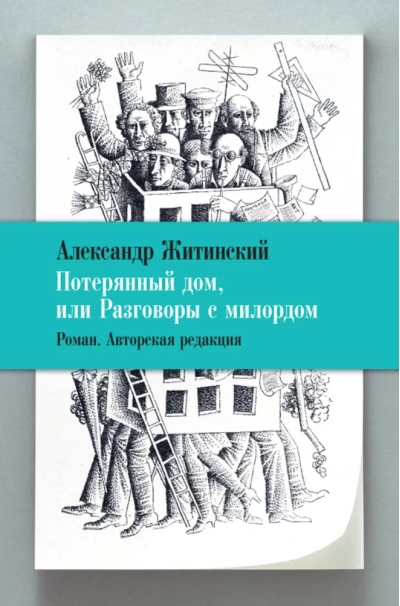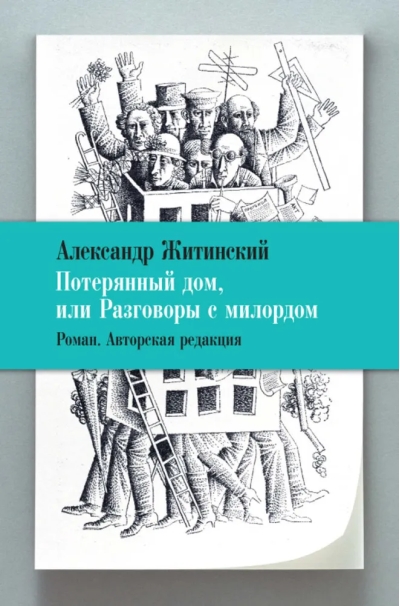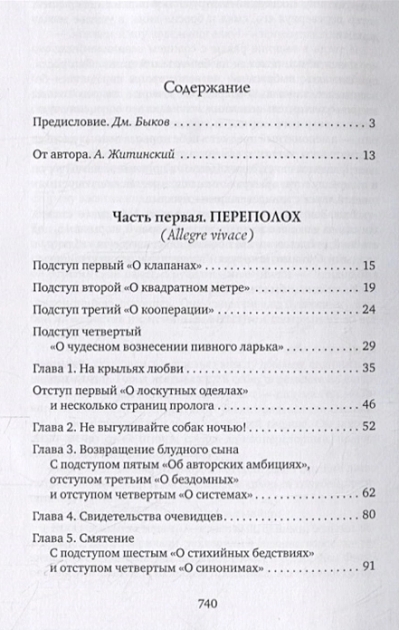The Lost House, or Conversations with Milord
29.99 €
Out of stock
The Lost House" seems to me to be the main Russian novel of the late Soviet era. Written at the highest point of the author's abilities, at the exit from a deep personal crisis, the novel was intended not only to save the author (he managed this task), but also to stop the disintegration of society (and it could not succeed, but, as BG says, you can't save everyone, but you can save a few). This is not just a panorama of the late USSR, not just a parade of all its main characters, who mostly disappeared or were reborn - it is a last attempt to build a house for the country, to give it that image of a universal dwelling in which everyone would feel in place and could still experience community at times. The poet and fiction writer's hilarious and tragic epic turned out to be the most complete, exhaustive, mocking and compassionate description of the Soviet project, its finale, glory and shame. The book, with its brilliantly found metaphor, was the crowning achievement of the most complex and multicomponent period of Soviet history, the limit of the complexity that Soviet literature had reached; it had always been tone-deaf in the metaphysical sense, and Zhitinsky managed the impossible - a Soviet religious novel, a religious reflection on why the communist idea is doomed and what its future fate is. Perhaps, I think now, the full "The Lost House" is larger, more serious and yet freer: in the magazine version it was more disciplined, logical and combed, and now it finally comes to the reader as it was: like a sprawling garden bursting through the fence. Dmitry Bykov
See also:
- All books by the publisher
- All books by the author















